Information Society: New Media, Ethics and Postmodernism
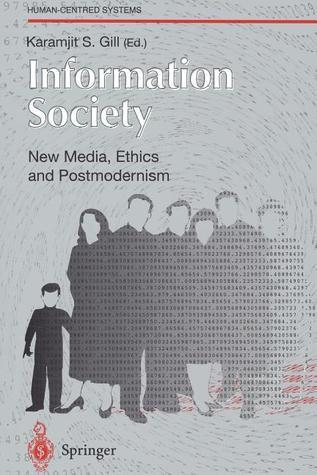
Summary
A Challenge to Post-industrial Europe? The key power in industrial society has been linked to the possession of capital and factory. In the "information society" it could be rather different. If one accepts that that the key power in the information society will be linked not so much to the ownership of information but to human creativity nourished by that information, the productive force of today and tomorrow, could be more and more the human brain. Making use of one's intelligence is always accompanied by positive emotion, which in turn further activates the intelligence. But, unfortunately, under present conditions workers of all levels live in fear, anxiety and stress rather than desire and motivation. The question of "basic human ecology" (quality of life) is, therefore, a major strategic factor. It is precisely the opposite to the mechanisms of exclusion that currently dominate our exclusion of young people through joblessness - but also exclusion through technology, as with the helplessness of older people or the poorly educated confronted with ticket dispensing machines or other automats. This is not idle theorizing, it corresponds to concrete facts. It is, for example, how some observers interpret the crisis at IBM. Because its programs were less 'human-friendly', it was shaken to its foundations by Apple and Microsof- though it seems since to have learnt its lesson.
Similar Books
-
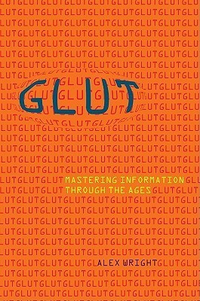 Glut: Mastering Information through the Ages
Glut: Mastering Information through the Agesby Alex Wright
-
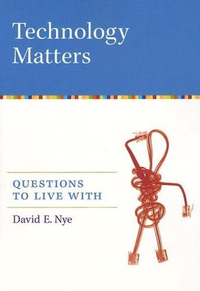 Technology Matters: Questions to Live With
Technology Matters: Questions to Live Withby David E. Nye
-
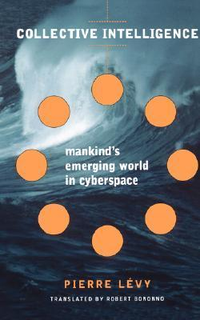
-
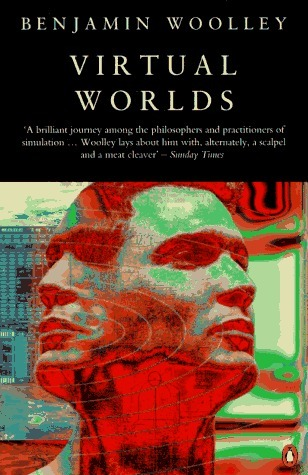 Virtual Worlds: A Journey in Hype and Hyperreality (Penguin Science S.)
Virtual Worlds: A Journey in Hype and Hyperreality (Penguin Science S.)by Benjamin Woolley
-
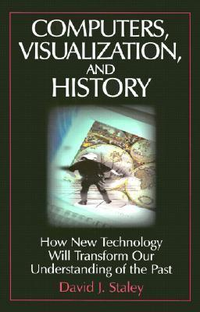
-
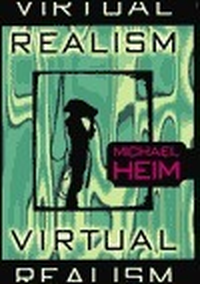 Virtual Realism
Virtual Realismby Michael Heim
-
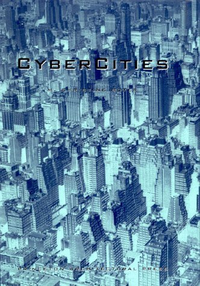 CyberCities: Visual Perception in the Age of Electronic Communication
CyberCities: Visual Perception in the Age of Electronic Communicationby Christine M. Boyer
-
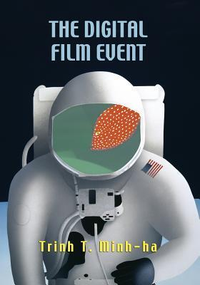 The Digital Film Event
The Digital Film Eventby Trinh T. Minh-ha
-

-
 Technically Speaking: Why All Americans Need to Know More About Technology
Technically Speaking: Why All Americans Need to Know More About Technologyby National Research Council
-
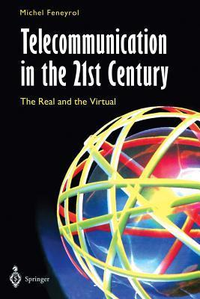 Telecommunication in the 21st Century: The Real and the Virtual
Telecommunication in the 21st Century: The Real and the Virtualby Michel Feneyrol
-
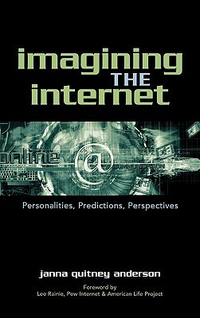 Imagining the Internet: Personalities, Predictions, Perspectives
Imagining the Internet: Personalities, Predictions, Perspectivesby Janna Quitney Anderson